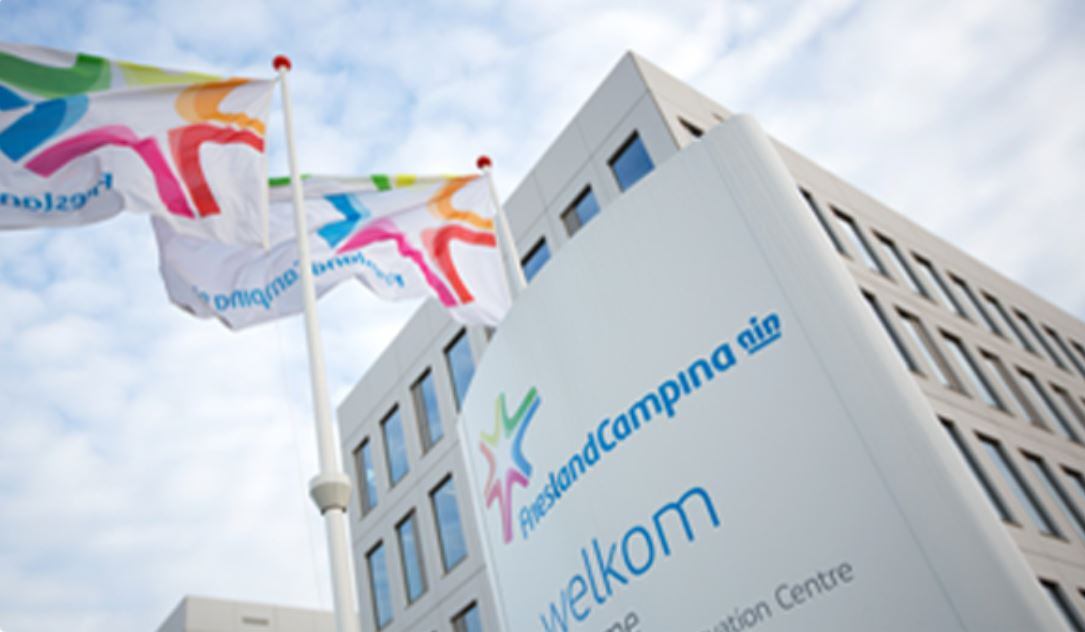The sale of infant nutrition products in China continue to be under pressure due to competition from local players, and the global shortage of lactoferrin ingredient which have caused a slowdown in demand for its Friso Prestige product, said the company in its H1 financial report this year.
The Chinese infant formula market is also faced with counterfeit and fraud issues, with brands and the authorities implementing measures to tackle the problem.
In the case of FRISO, FrieslandCampina launched its FRISO TrackEasy - a series of unique, secure, and traceable codes.
Traceability
Friso is produced in The Netherlands and exported to China.
To eliminate concerns about counterfeiting in China, the primary reasons of FRISO TrackEasy were to provide added product traceability and transparency, said Crissie An, from the firm’s China business.
Developed jointly with Kezzler, QR codes were placed under the cans of Friso’s Gold, Prestige and Frisomum for track and trace purposes.
A second QR code was placed inside the product to provide a channel for direct consumer engagement, including loyalty programs and promotions.
According to the company, consumers can scan the product using their phone to check that it is authentic and learn more about their purchase.
The code can also be scanned via social platform, WeChat.
An said: “This provides mums with tin-specific information around Frisco’s dairy farming, milk collection, production process, quality auditing, packaging and export.”
Another baby formula company, Australia’s Nature One Dairy, which started exporting to China in 2018, has also implemented QR codes to protect its product from counterfeit issues.
Opportunities
Market data firm Nielsen said that despite challenges in the Chinese market, opportunities to cash in the baby care market remain substantial.
According to medical journal The Lancet, China will account for more than half of global sales in infant formula, estimated to reach a value of US$70 billion in 2019.
An also referenced the Nielsen Global Baby Care Report saying: “Brand, safety, organic/natural and nutrition are the top four attributes when it comes to baby food purchase decision-making.”
The same Nielson report found 50% of Chinese consumers were willing to pay more for trusted brands, compared to the global average of 37%.
Parents were also more likely to develop brand loyalty to what they perceived as premium products.
An said Friso Gold was the company’s number one brand in the premium segment, and they continue to have a strong market position in China.
Friso is available in more than 25 countries including Hong Kong, Malaysia, Singapore, Indonesia, Vietnam, Greece, Russia and Kingdom of Saudi Arabia.
The company reported revenue of 5.6bn euros (US$6.2bn) in H1 2019, which was a drop from 5.7bn euros (US$6.3bn) in H1 2018.
However, it registered a gross profit of 935m euros (US$1b) in H1 2019, an increase from 890 million euros (US$985m) in the corresponding period last year.


